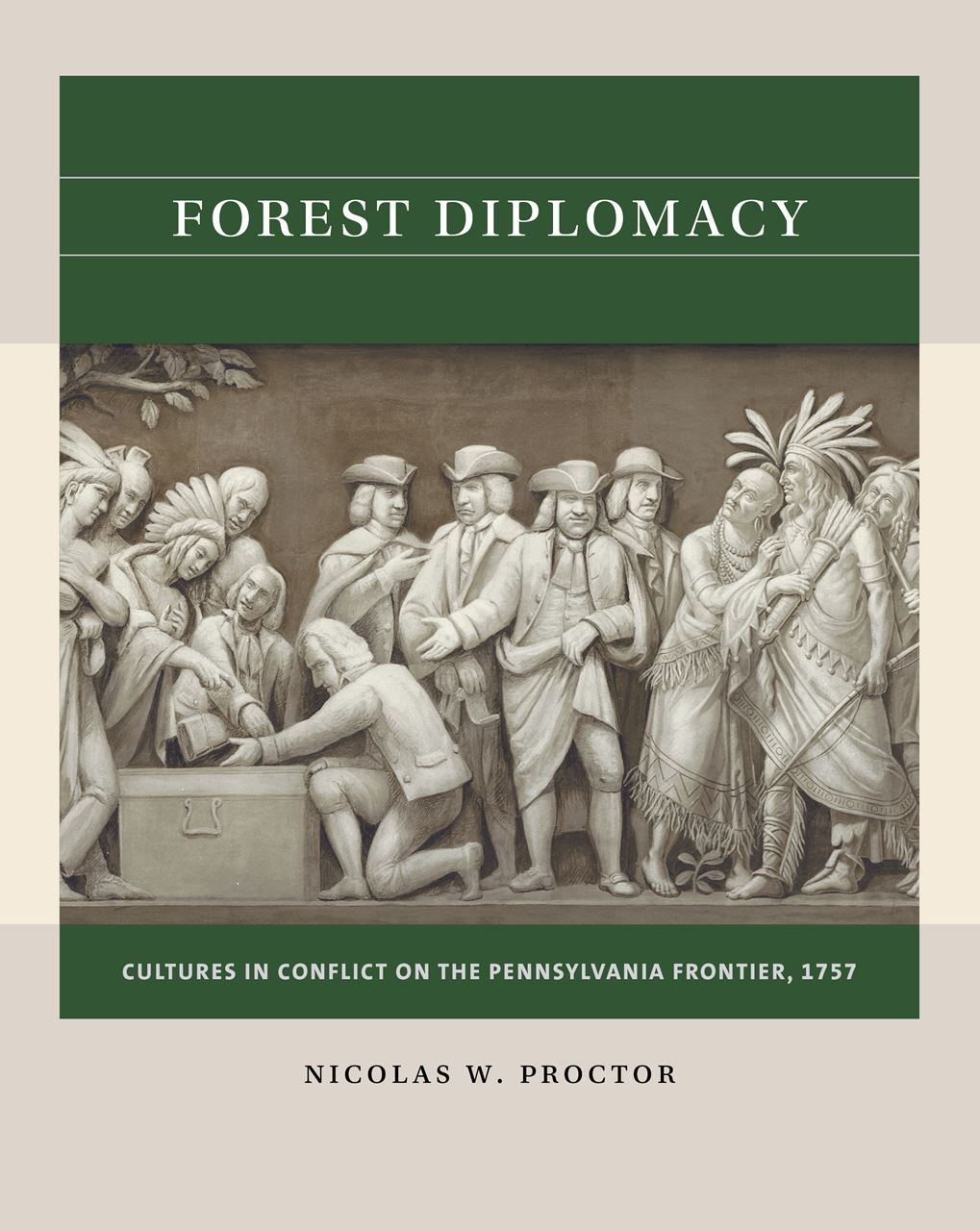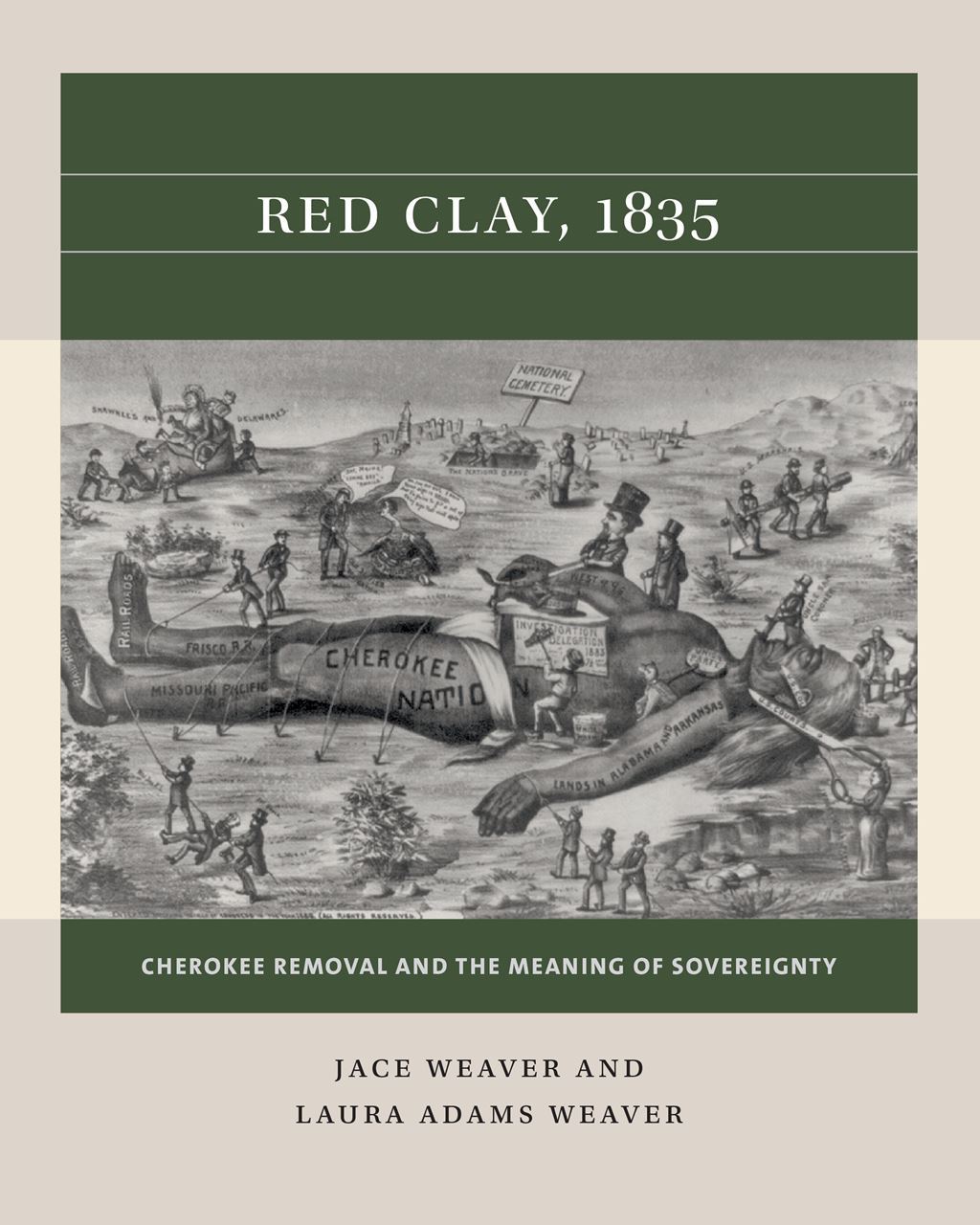 |
 Play this game recently? | Young George Washington is Outfoxed by the French and Their Indian Allies It is the early 1750s in North America. Constant struggles between the British and French empires draw in colonists, indigenous populations, and other European powers. Now, a new flashpoint has developed for this rivalry: the Ohio Country. Control of the sources of the Ohio River offer both sides significant strategic advantages; the area has been a buffer zone between the two empires. A tenuous peace had existed because of complex webs of alliances, but now, encroachments have caused rampant intrigue and mistrust among the colonists and natives on all sides. The Jumonville Incident, and thus the French and Indian War, is about to begin. In this microgame, students will take on the roles of figures from all factions in this contested event. The game focuses on debates around differing interpretations of the incident, along with such questions as: who shot first, what were the intentions of the French, and how responsible were Washington's actions as a commander? |
Details
|
Using the Game Class Size & Scalability |
Reacting Consortium members can access all downloadable materials below. You will be asked to sign in before downloading.
Please fill out the Permissions Request Form before using The Jumonville Incident in your class!
Gamebook All students need a Gamebook, which includes resources and historical content. Members can download the Gamebook, and provide it to students for free or at cost. | Instructor's Manual The Instructor's Manual includes guidance for assigning roles, presenting historical context, assignments, activities and discussion topics, and more. | Role Sheets Students also need a Role Sheet, which contains biographical information, suggestions for further reading, and role-specific info or assignments. |
Additional Materials
Not A Member But Still Interested?
-
The Jumonville Incident: Washington at Fort Necessity
$12.50$0.00 - Member price
Jeff Fortney Jeff Fortney is Assistant Professor of History and History MA Program Coordinator at Florida Gulf Coast University. His research and teaching areas include US history with a focus on Native American, African America, and Civil War history. He holds a B.A. and M.A. from University of North Texas and a PhD from University of Oklahoma. |
Nicolas W. Proctor Nicolas W. Proctor grew up in Little Rock, Arkansas. After completing his B.A. in history from Hendrix College, he received an M.A. in Diplomacy and International Relations from the University of Kentucky, as well as an M.A. and Ph.D. in American history from Emory University. He is now a Professor of History at Simpson College in Indianola, Iowa, where he has also served as department chair and director of the first-year program. Proctor is also the Chair of the Reacting Editorial Board, overseeing game development. He lives in Des Moines, Iowa, with his family, a print shop, lots of books, five chickens, and too many Legos. After completing a traditional historical monograph, Bathed in Blood: Hunting and Mastery in the Old South, he reoriented his research to fit the needs of a teaching institution and focused on writing historical role-playing games. |
Members can contact game authors directly if they have questions about using the game. We also invite instructors join our Facebook Faculty Lounge, where you'll find a wonderful community eager to help and answer questions.
|
|
|


